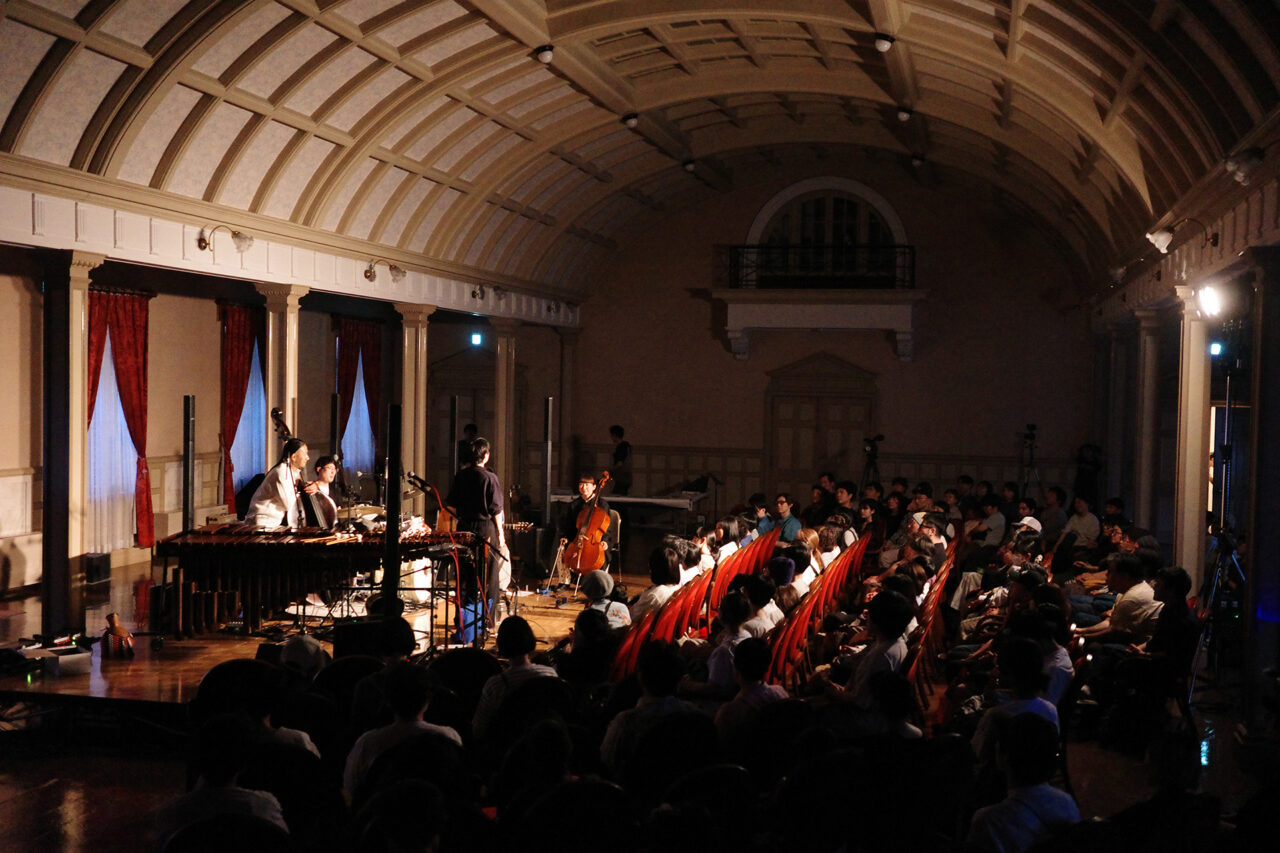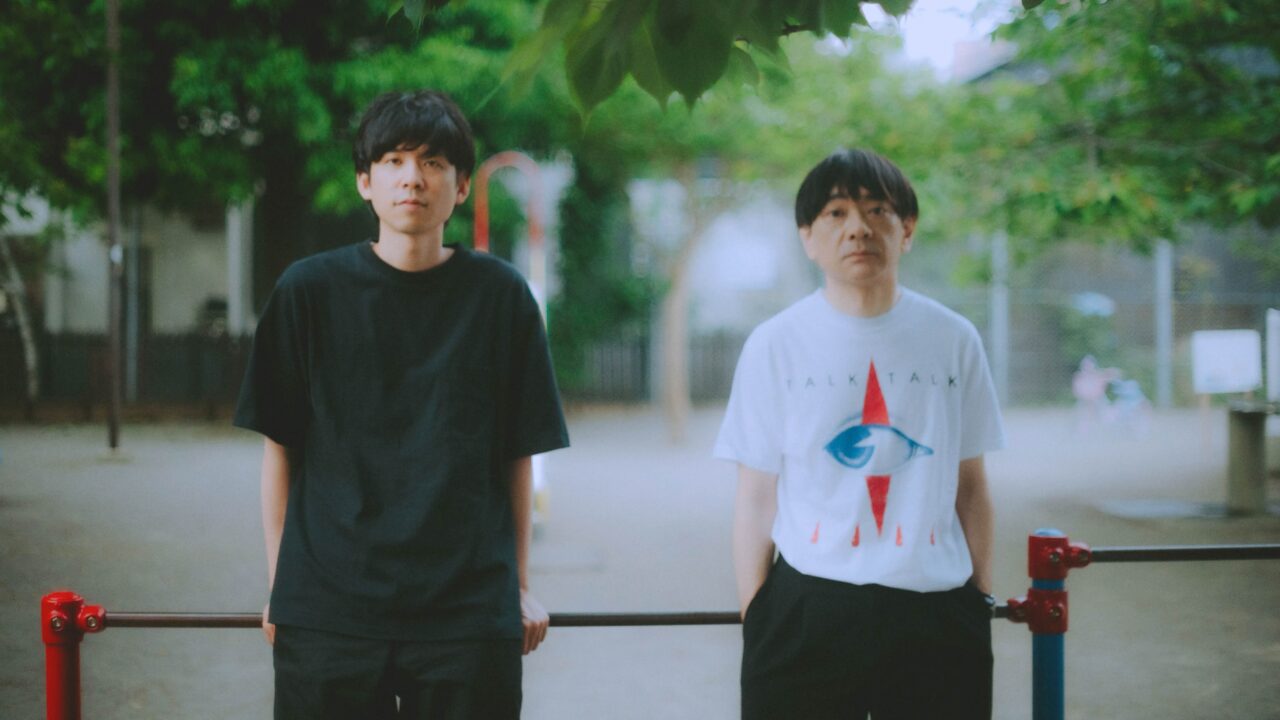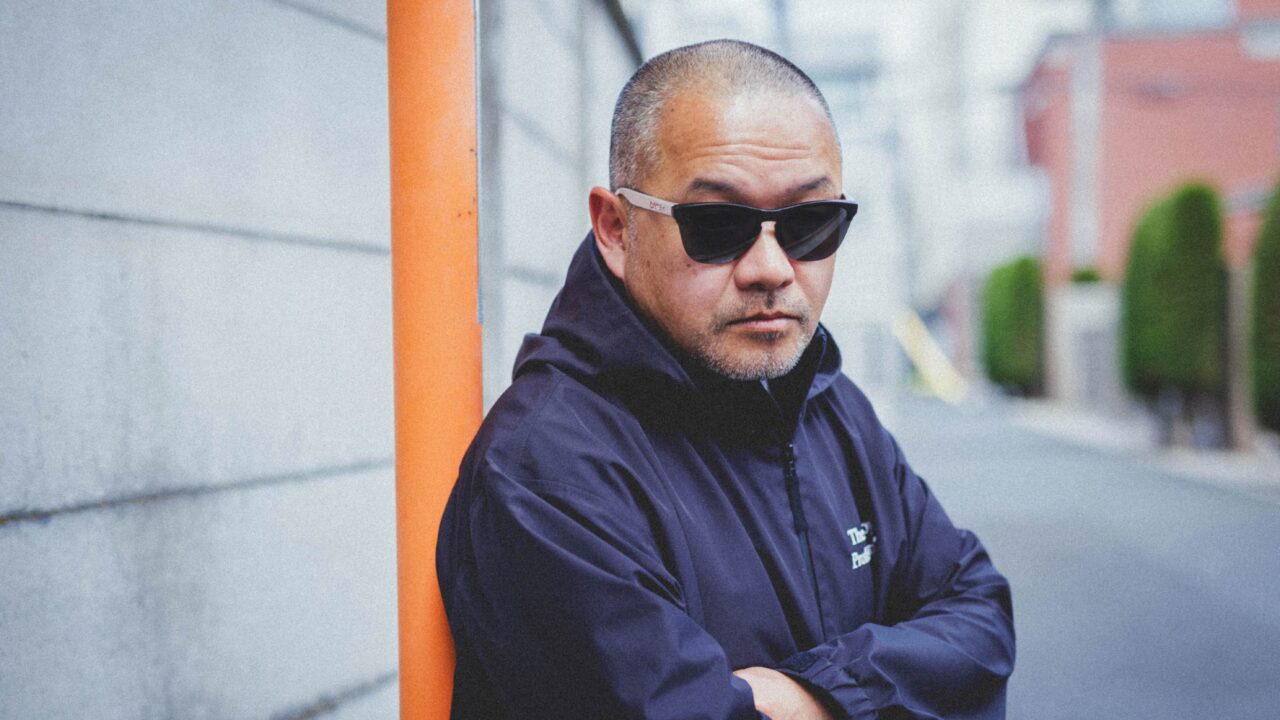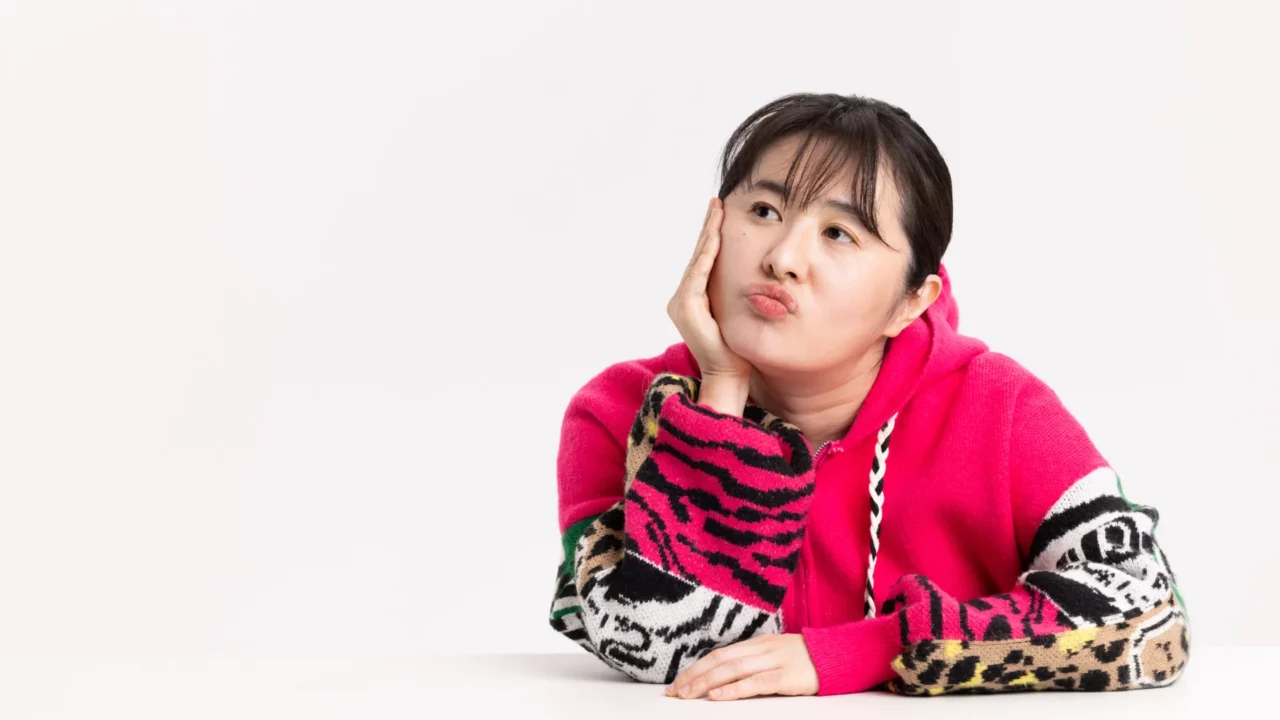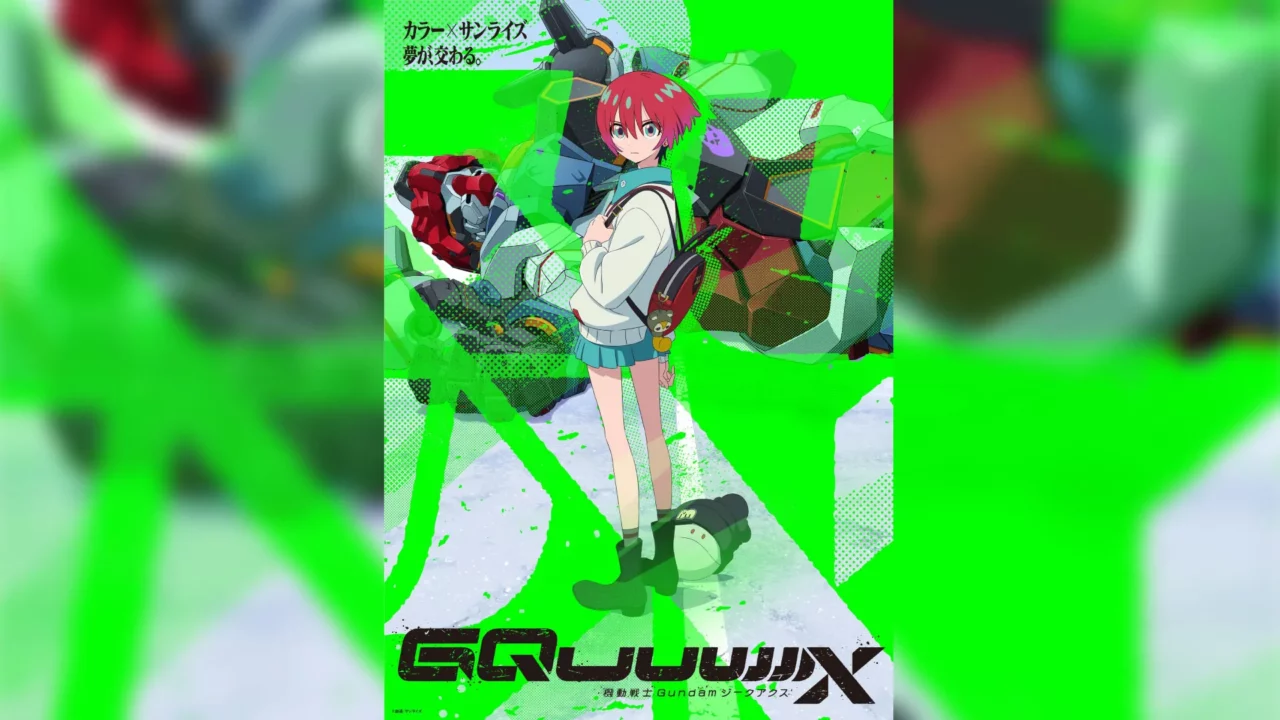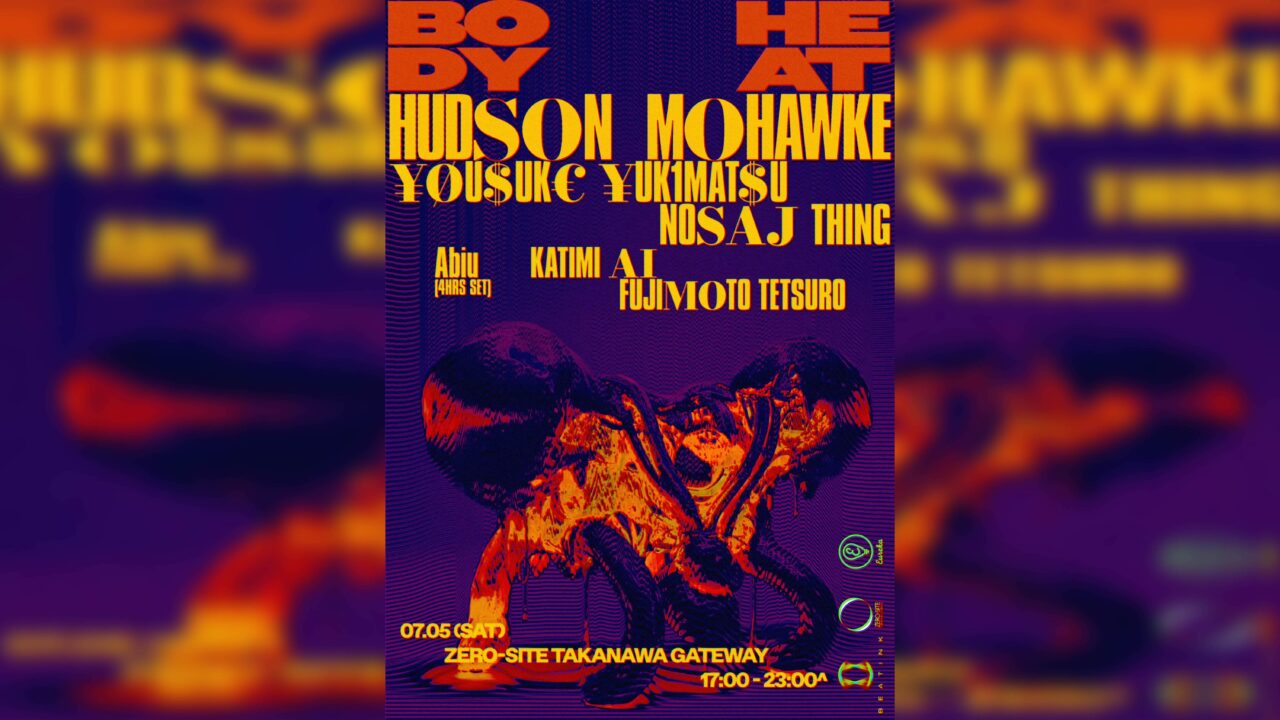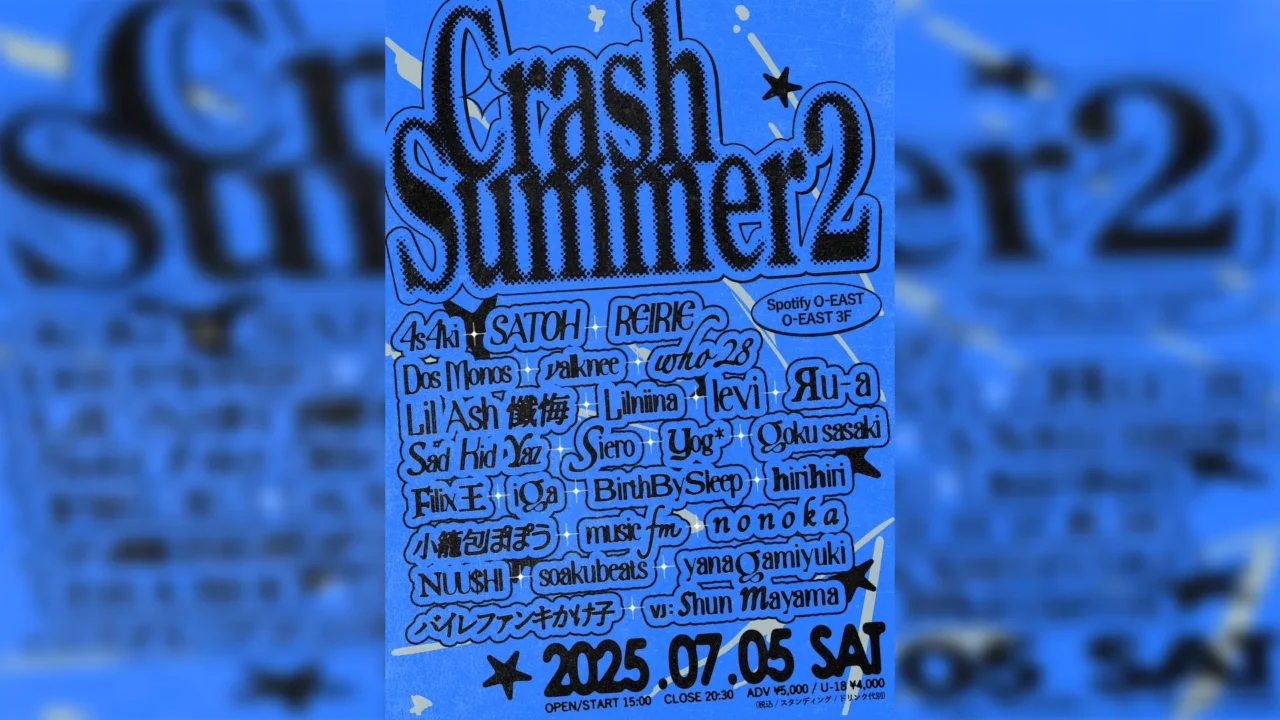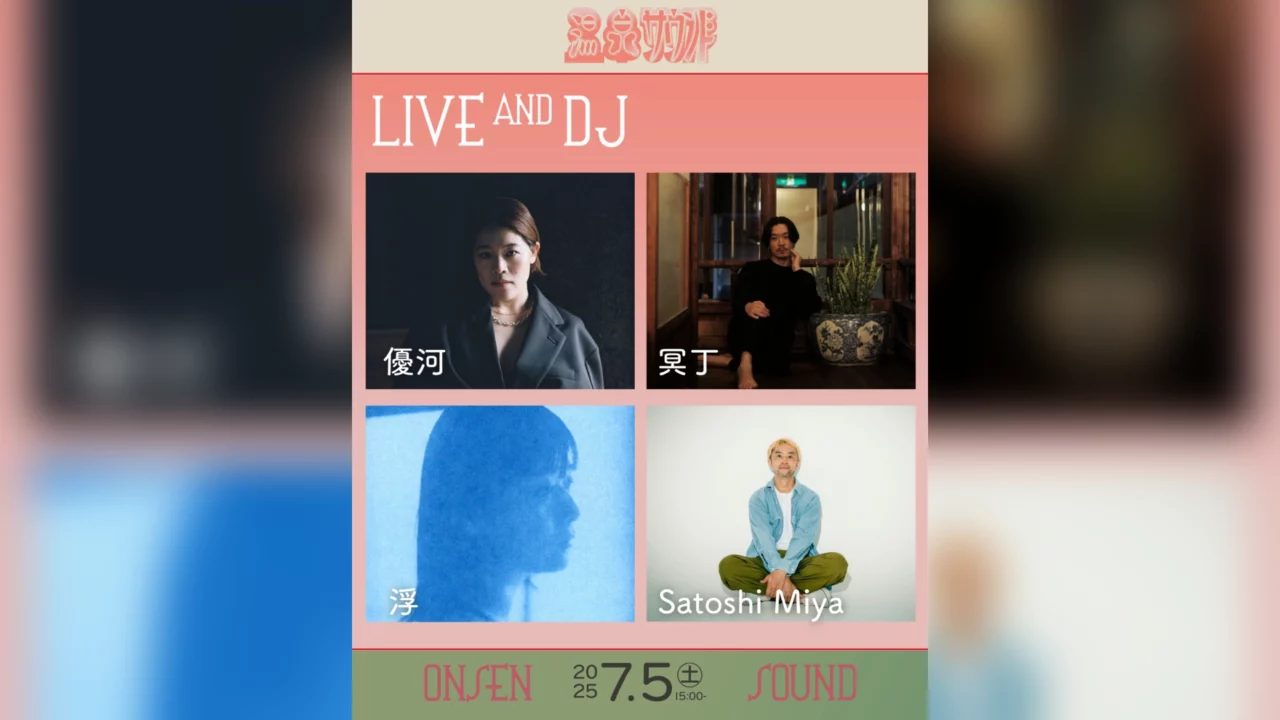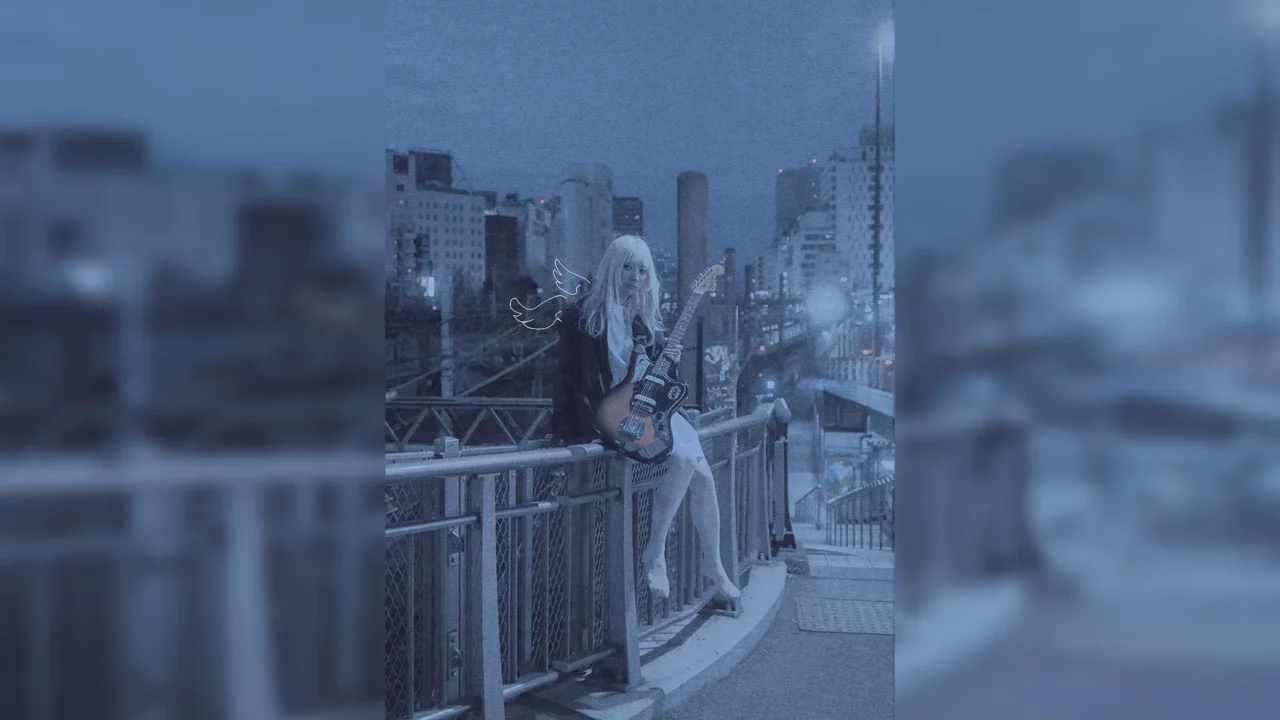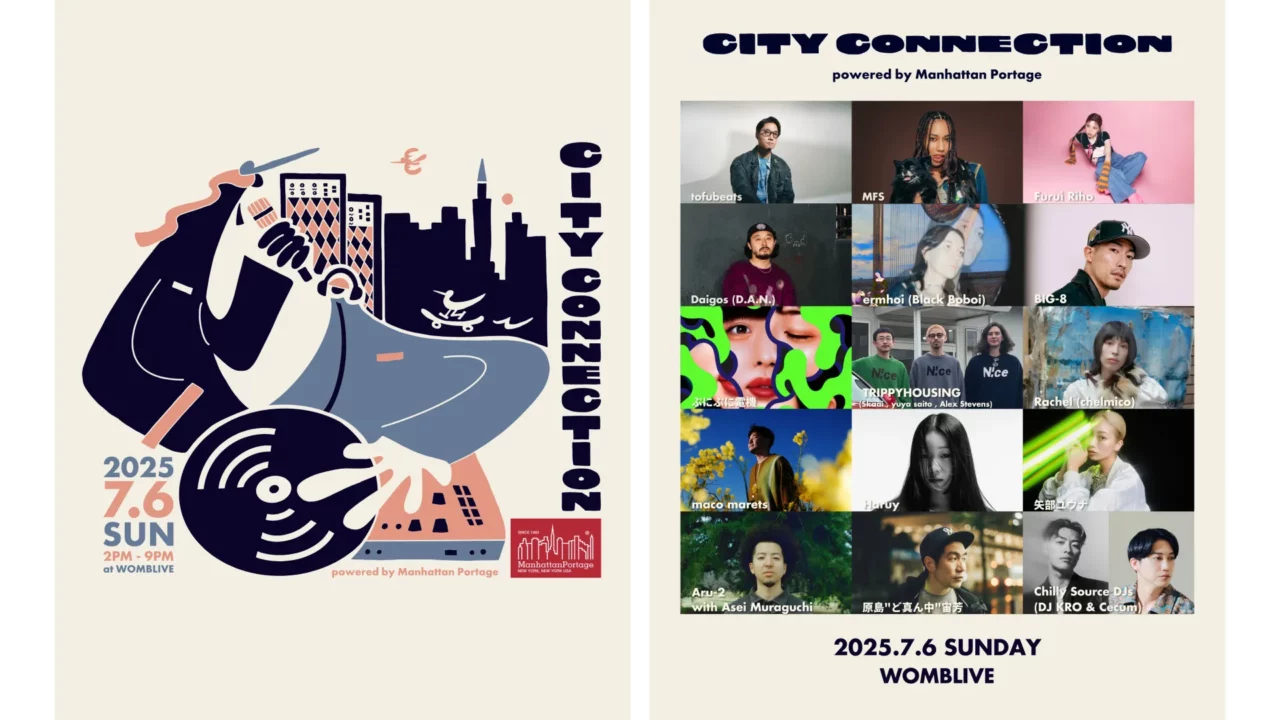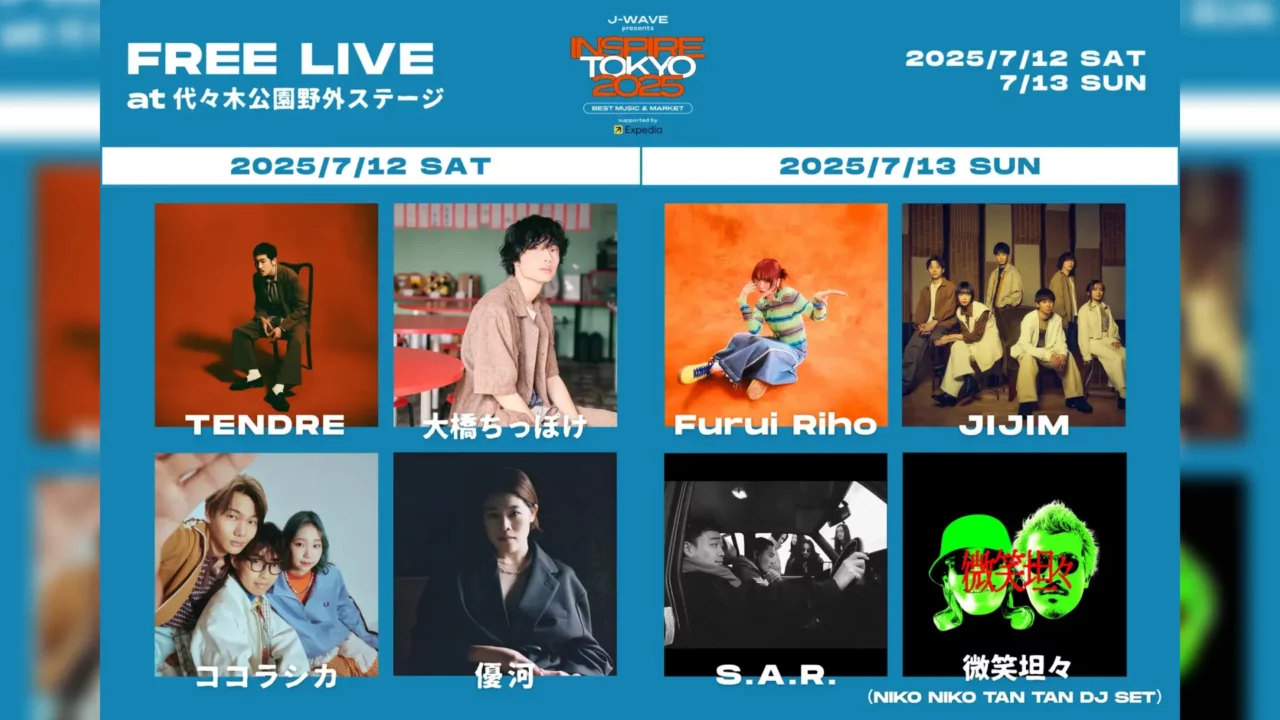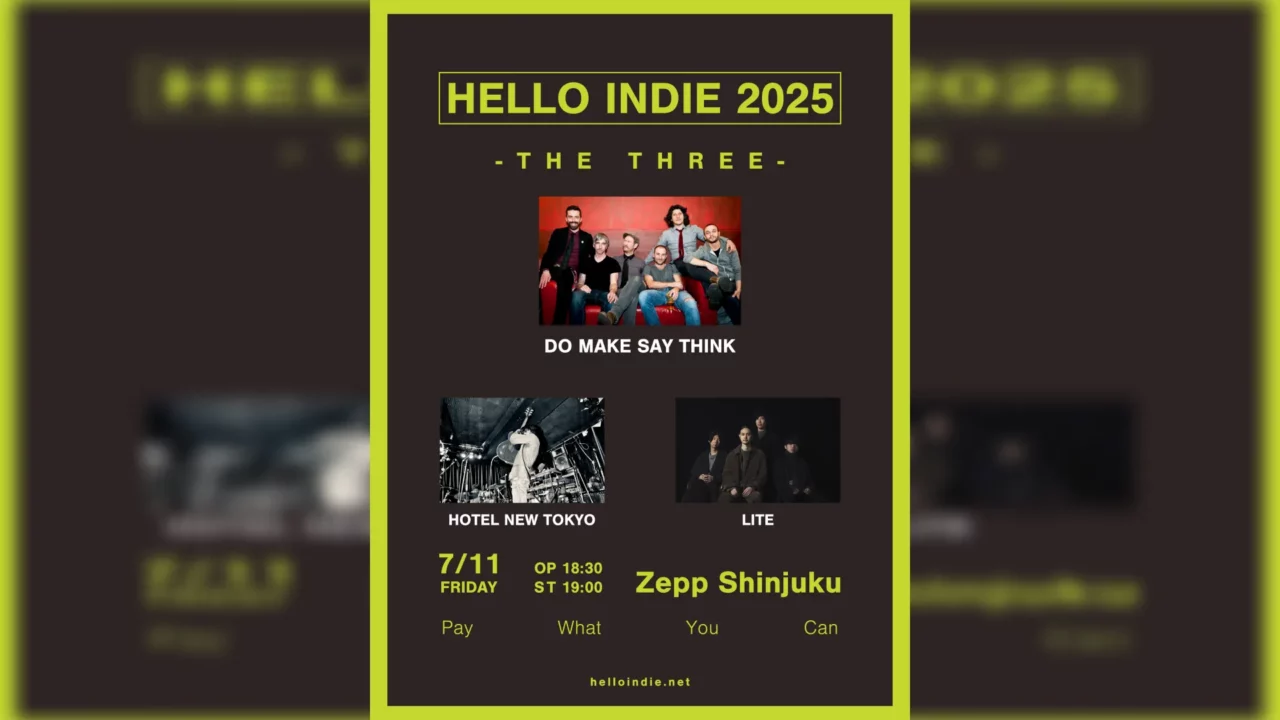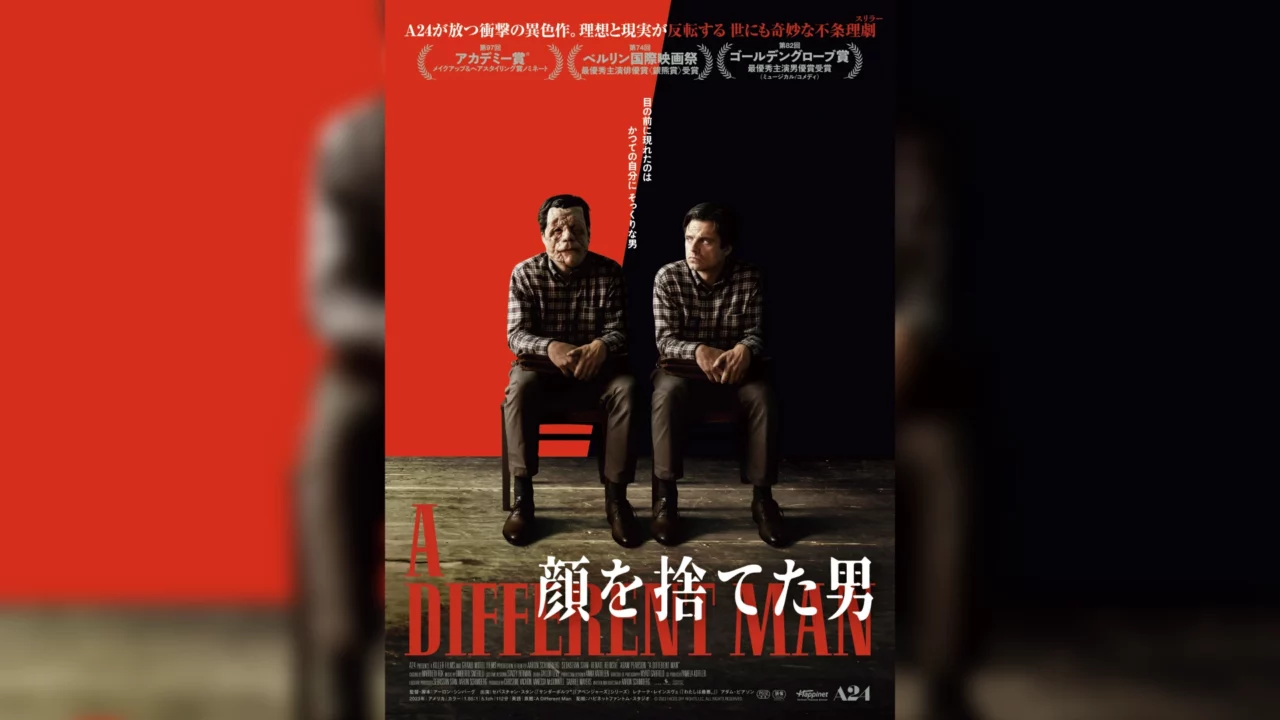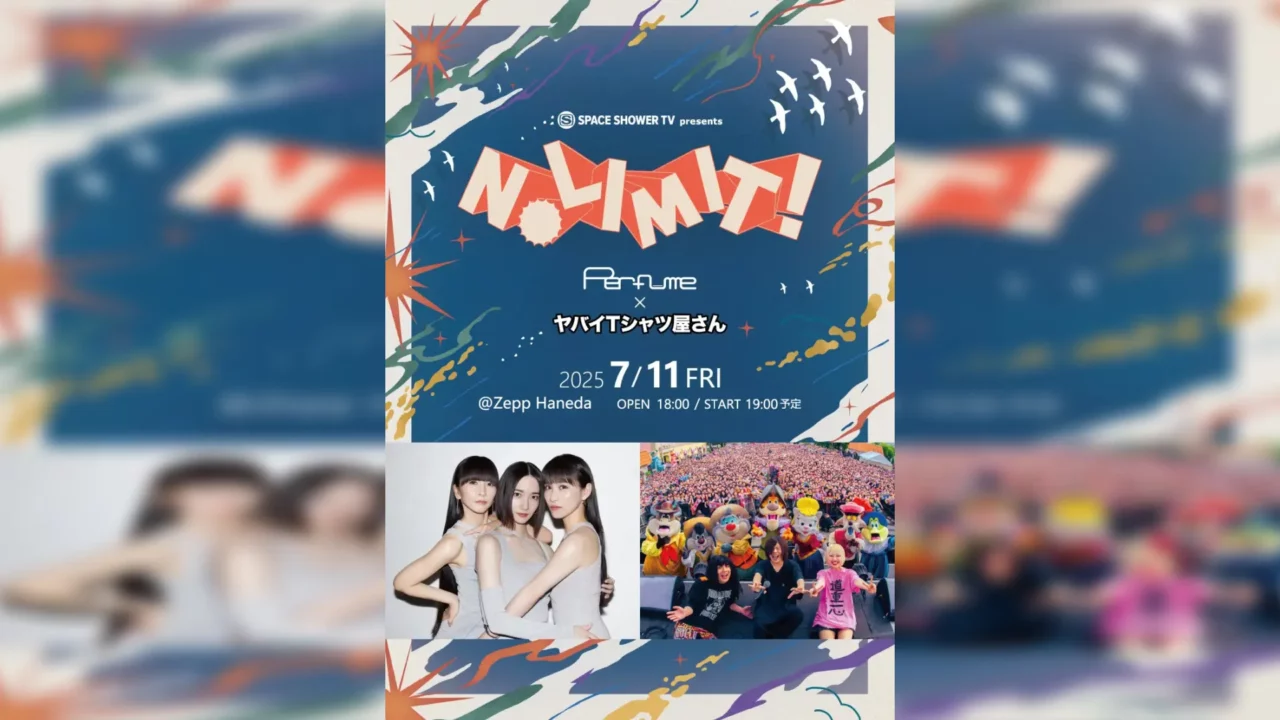Emerald’s long-awaited album “Neo Oriented” has arrived after seven years, with a focus on reconnecting with the band’s neo-soul roots and exploring the diverse contexts of “Japan.” Vocalist Yosuke Nakano has embraced “coexistence” as the album’s central theme. In the wake of the COVID-19 pandemic, which distanced people from one another, the concept of “coexistence” has become more relevant than ever. A band itself can be seen as a microcosm of such a society.
Nakano, previously acclaimed with PaperBagLunchbox for three albums, faced a challenging journey that included a disappearance scandal, leading to the band’s dissolution in 2011. His evolution from PaperBagLunchbox to Emerald reflects a narrative of loss and rebirth, diving deeply into the theme of “coexistence.” In his first solo interview, Nakano reflects on his career and discusses how he has grappled with the challenges of “keeping the band alive.”
INDEX
Looking Back at PaperBagLunchbox: The Band That Couldn’t Continue
-When did you first form a band?
Nakano:I first formed PaperBagLunchbox (referred to as “PaperBag”) in my first year of university. Before that, I was just covering Hi-Standard at school festivals and stuff like that.
–Since PaperBagLunchbox was formed in 2001, it’s been 23 years. Did you imagine you’d be in a band for this long?
Nakano: Well… I thought I’d still be doing it, but I expected we’d be a bit more successful by now [laughs].
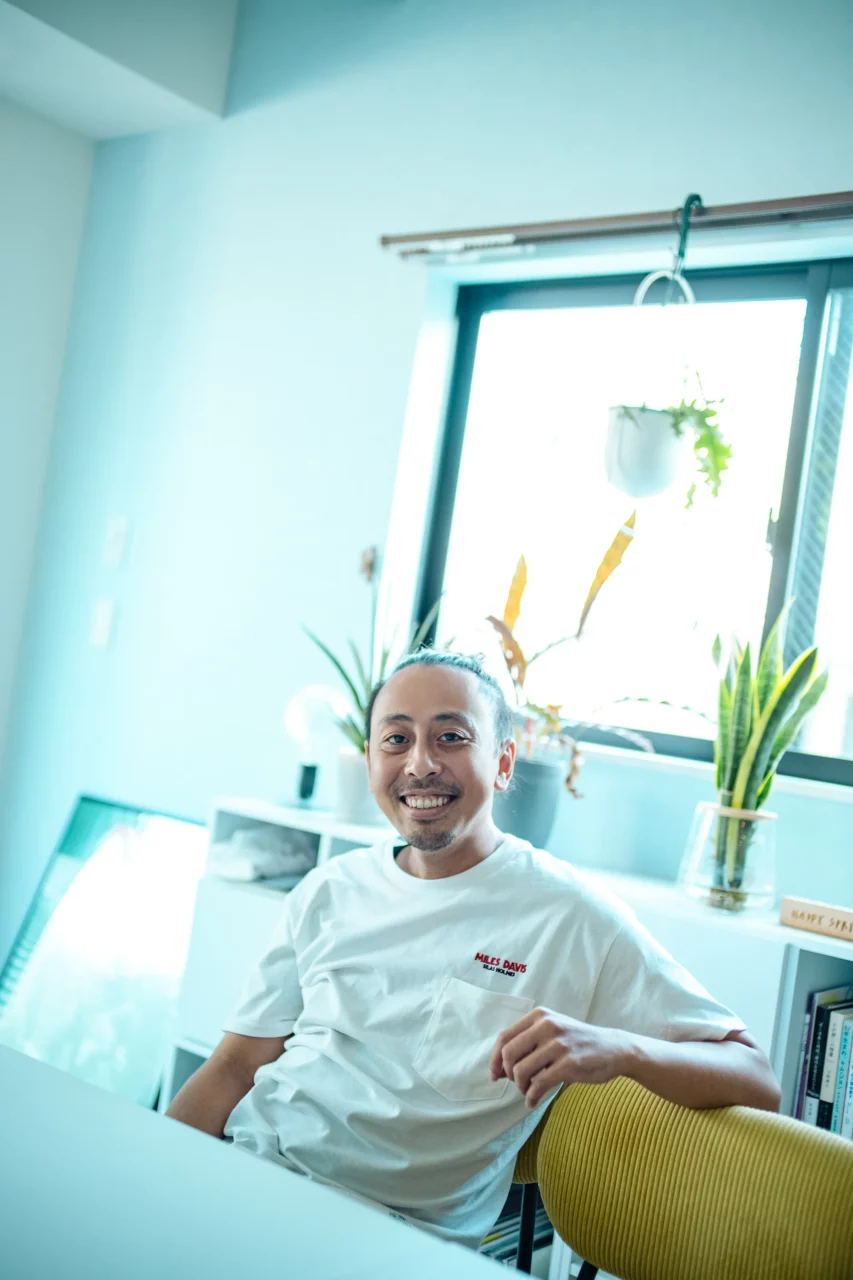
-This may seem like a question for a debut interview, but since this is my first solo interview, I’d like to ask: What was the original experience that inspired you to start a band?
Nakano: I vividly recall my initial inspiration. My family and I watched the movie Swallowtail on TV. Since my sisters and I were all music enthusiasts, we probably tuned in because of Chara, who starred in the film. Seeing YEN TOWN BAND perform ‘My Way’ made a huge impression on me. I thought the band was incredibly cool, and the way they disintegrated within the story also fascinated me. It was at that moment I knew I wanted to be in a band.
-So, did you form PaperBagLunchbox with the intention of becoming successful from the start?
Nakano: Instead of aiming for success right away, I was more interested in starting my own band and seeing where it would lead. Then, in my third year of university, I met a label that invited me to move to Tokyo. It was during that period, especially after creating the song “Slide,” that I first considered making a career in music.
Nakano: When I actually started playing in a band, I realized that bringing together the talents of those around me and combining our strengths to create something I couldn’t achieve on my own was where I excelled. I found that blending each person’s unique qualities and becoming a part of that combination was where I fit best.
However, with PaperBagLunchbox, it was more about clashing my own style with the styles of the other members. It was quite different from Emerald. I envisioned it as my style crashing into and integrating with others to form something new. Since our band wasn’t particularly rich in musical knowledge or high-level skills, those collisions felt like they were shaping our music.
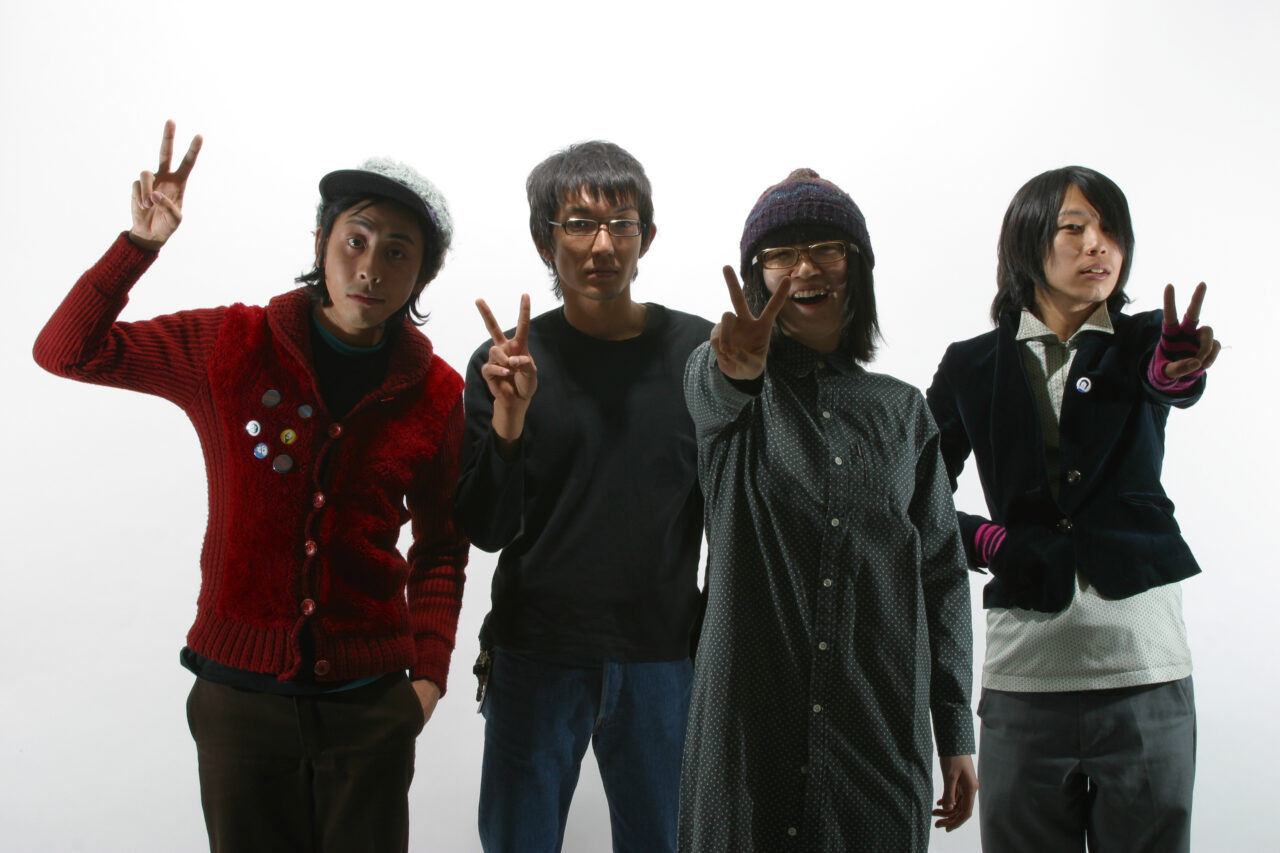
Founded in 2001 at Osaka University of Arts’ music circle, PaperBagLunchbox was initially composed of four first-year students: Yosuke Nakano (now Emerald’s vocalist), Haruki Tsunematsu, Yusuke Kurachi, and Ai Ito. The band made their indie debut in 2006 with their first EP and album released by wonderground music, known for releasing works by ROVO and Tabi no Tetsugaku at the time. They released “PBLEP” and “Bedphonetown” with producer Hiroaki Kanai of SUPERCAR. Featured in magazines like Snoozer and praised by Soichiro Tanaka as the “missing link between Fishmans and Sigur Rós,” the band garnered significant attention.
Despite appearing at Shibuya AX as part of a syrup16g project and being on the rise, the band suddenly halted, performing only sporadic live shows for five years. After this period, they released a limited edition 2nd album featuring songs honed through live performances and embarked on a successful national tour. Shortly after, they released a fully new 3rd album, “Ground Disco,” with keyboardist Haruki Tsunematsu as band leader and Takao Kato, who guided the band to its debut, as producer. They pursued a conceptual approach to their music and live performances.
Despite a lengthy tour, the band disbanded abruptly after the Great East Japan Earthquake, announcing their sudden breakup after their final two-day event in Sapporo, without a concluding tour finale. At the time, their story was highlighted in a popular web series, “The People Who Quit Music and Those Who Continue.
-Last November, all of PaperBagLunchbox’s music was made available on streaming platforms. How did that come about?
Nakano: A friend told me that old live footage of PaperBagLunchbox was uploaded on YouTube, so I checked out the label’s channel and, sure enough, it was there. When I contacted the former sub-manager, they said, ‘I accidentally uploaded it while drunk’ (laughs).
So, I suggested, ‘If we’re doing this, let’s put it on streaming platforms too.’ It ended up taking about two years. Since we were at it, I wanted to remaster the recordings. For the first album, I reached out to our original producer, Hiroaki Kanai, and for the second and third albums, I was introduced to Masuko (Itsuki) from ROVO by that former sub-manager. It took about three years in total, but we finally got it all released.
-In a comment when the release information was announced, he said, “All 33 songs were supposed to be a set with bitter memories. But after 10 years, the sound changes.” What kind of changes did you actually see?
Nakano: When the release was announced, you commented, ‘All 33 tracks that come with bittersweet memories. But after 10 years, their impact changes.’ How have these changes manifested for you?
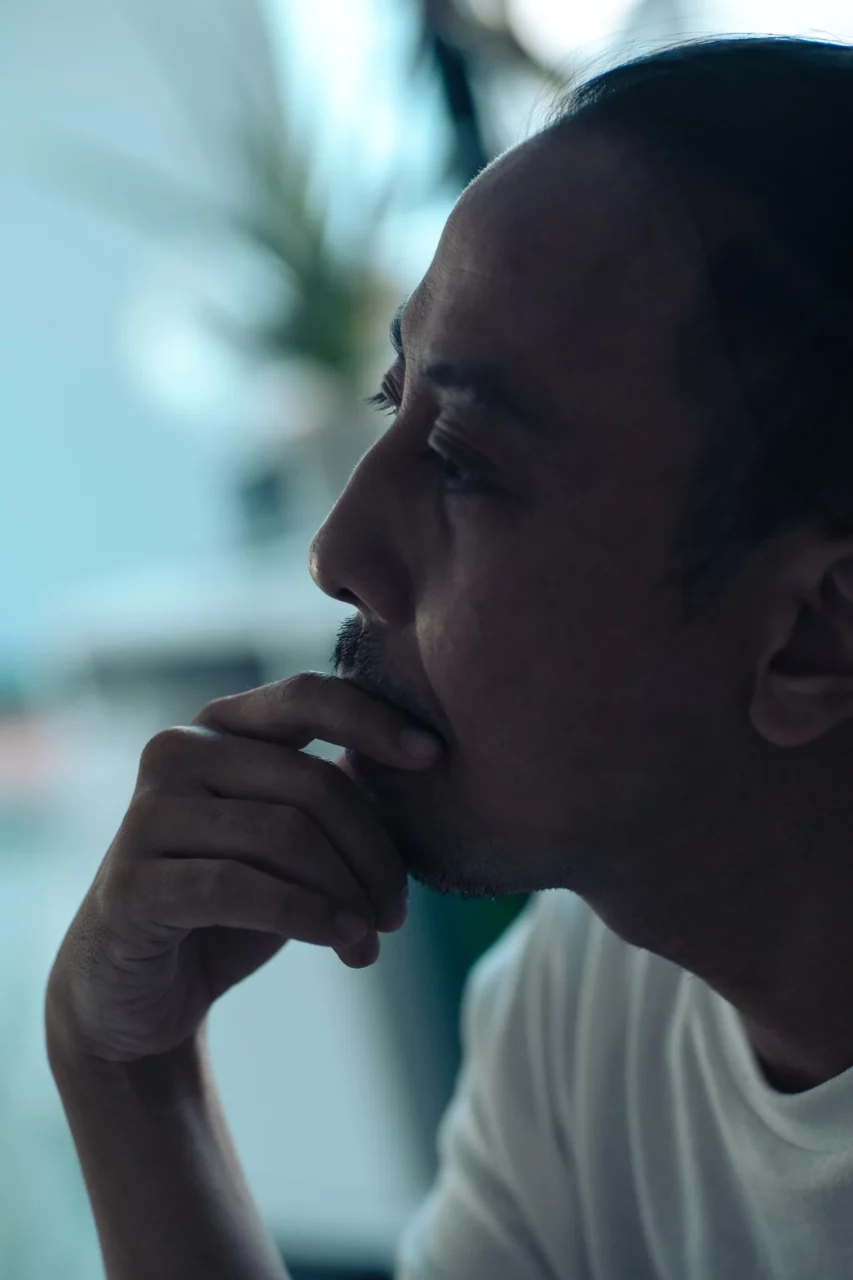
At the time, we were working in a physically and mentally draining environment, and there was also the Nakano-san disappearance scandal. It was difficult to look at our music objectively under such circumstances, but now, after more than 10 years, you are able to look at it from a bird’s eye view as a “work of art”?
Nakano: Instead of viewing it as mere “art,” it feels more like I’ve come to value that period of my life deeply. I didn’t want to just dismiss it as a dark chapter, yet I also felt too unprepared to engage with it until now. With all the band members doing well and everyone involved, including the manager we had conflicts with, supporting the release, it seemed like the right moment to re-evaluate and cherish that time. The release felt like a long-standing burden was somewhat eased, or at least that it provided a sense of closure.







